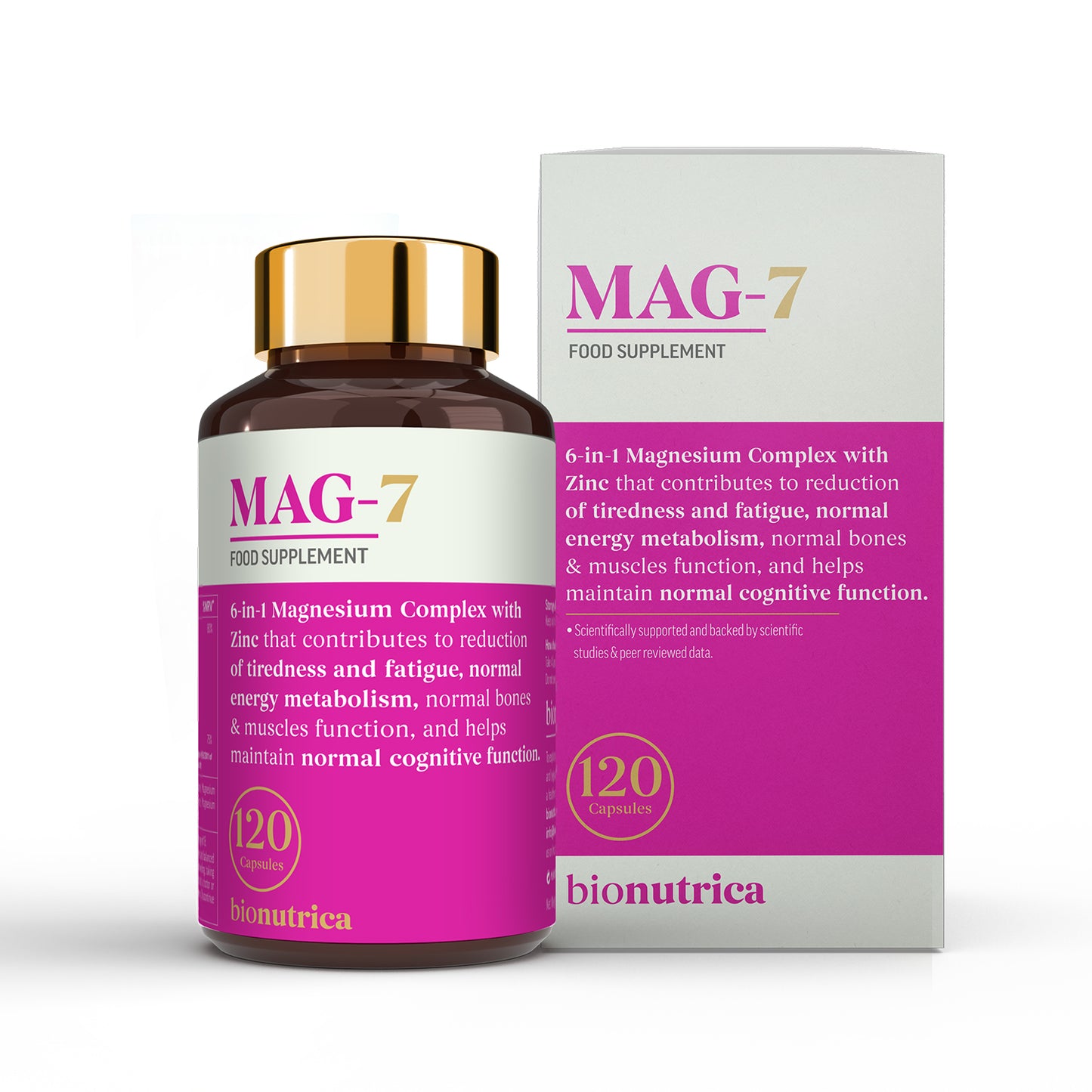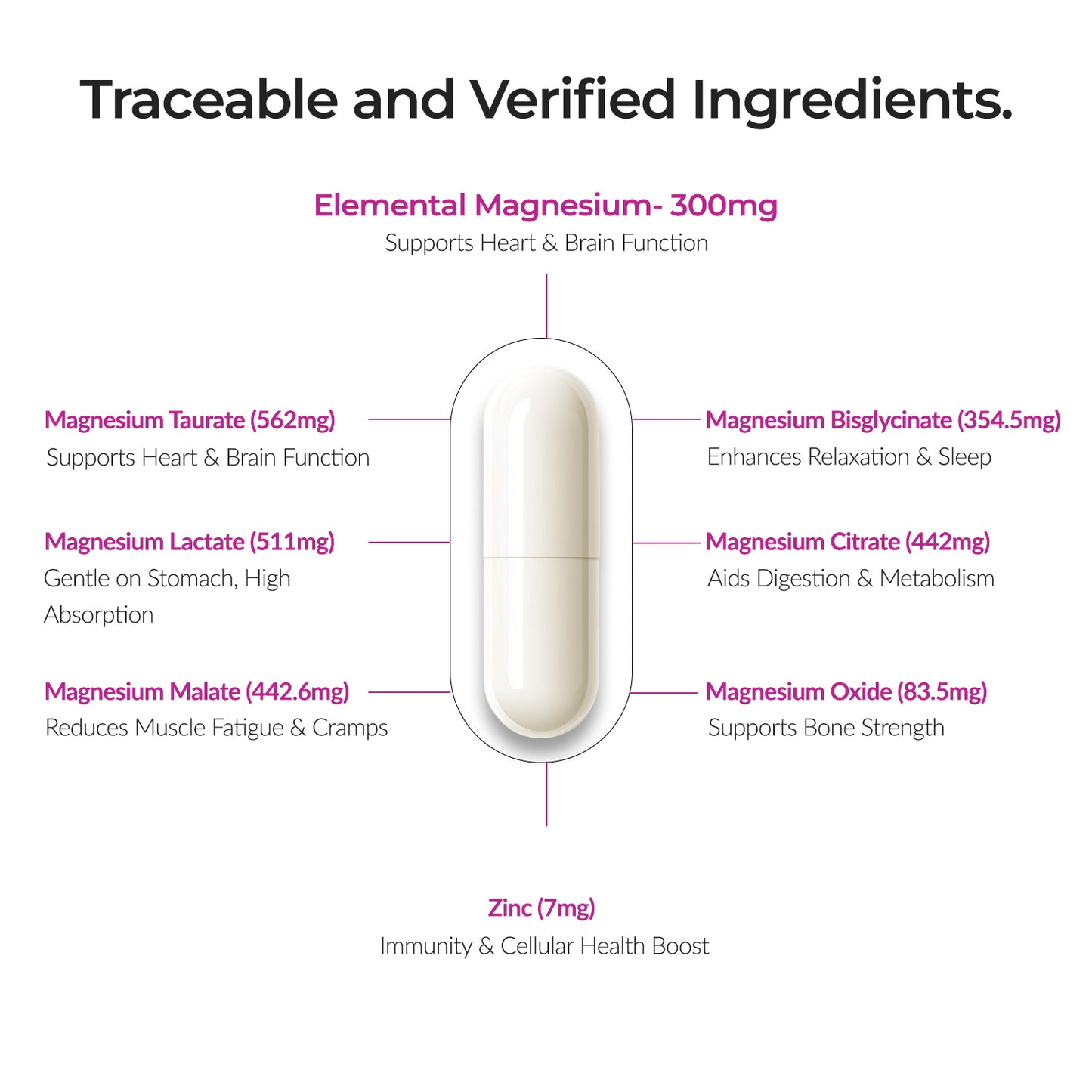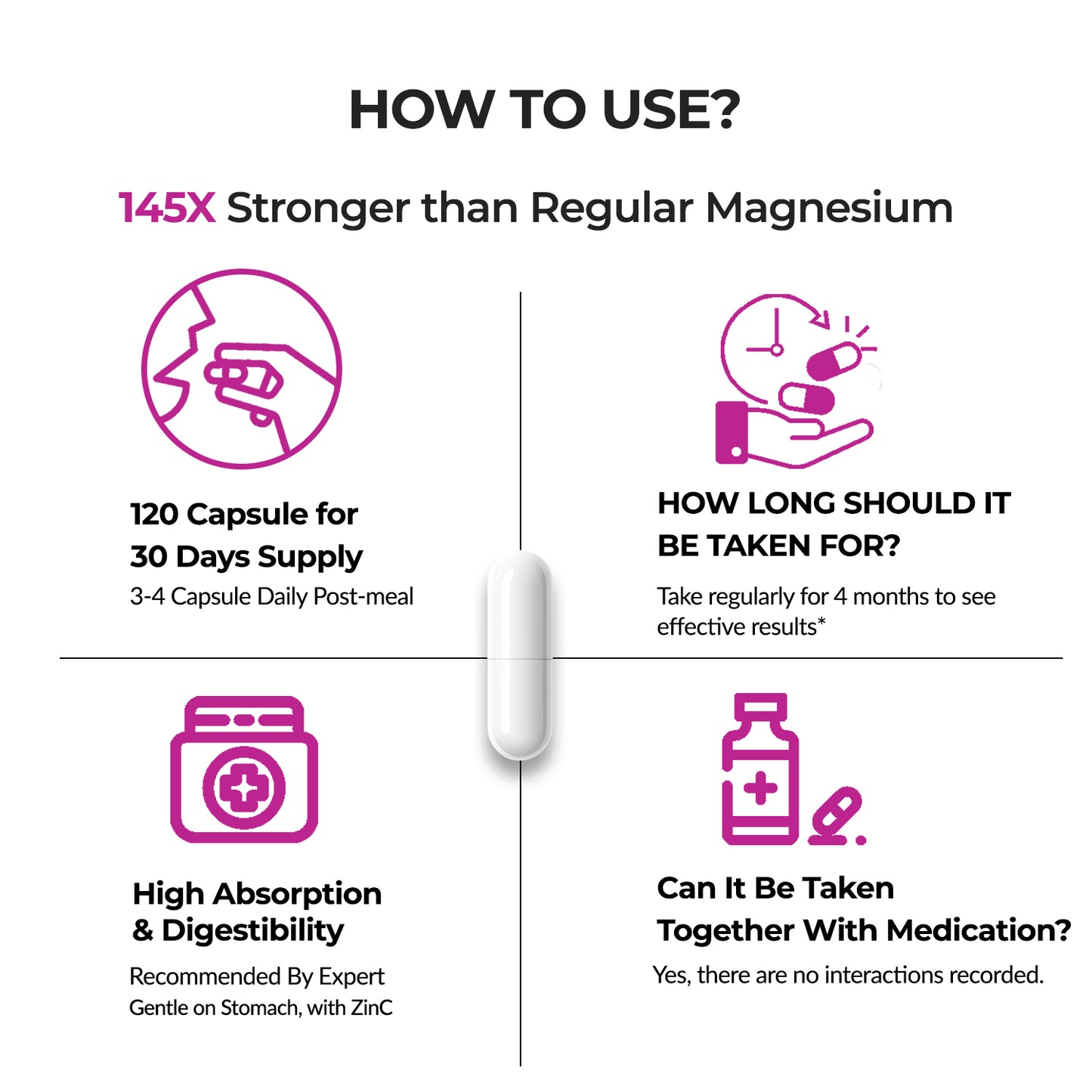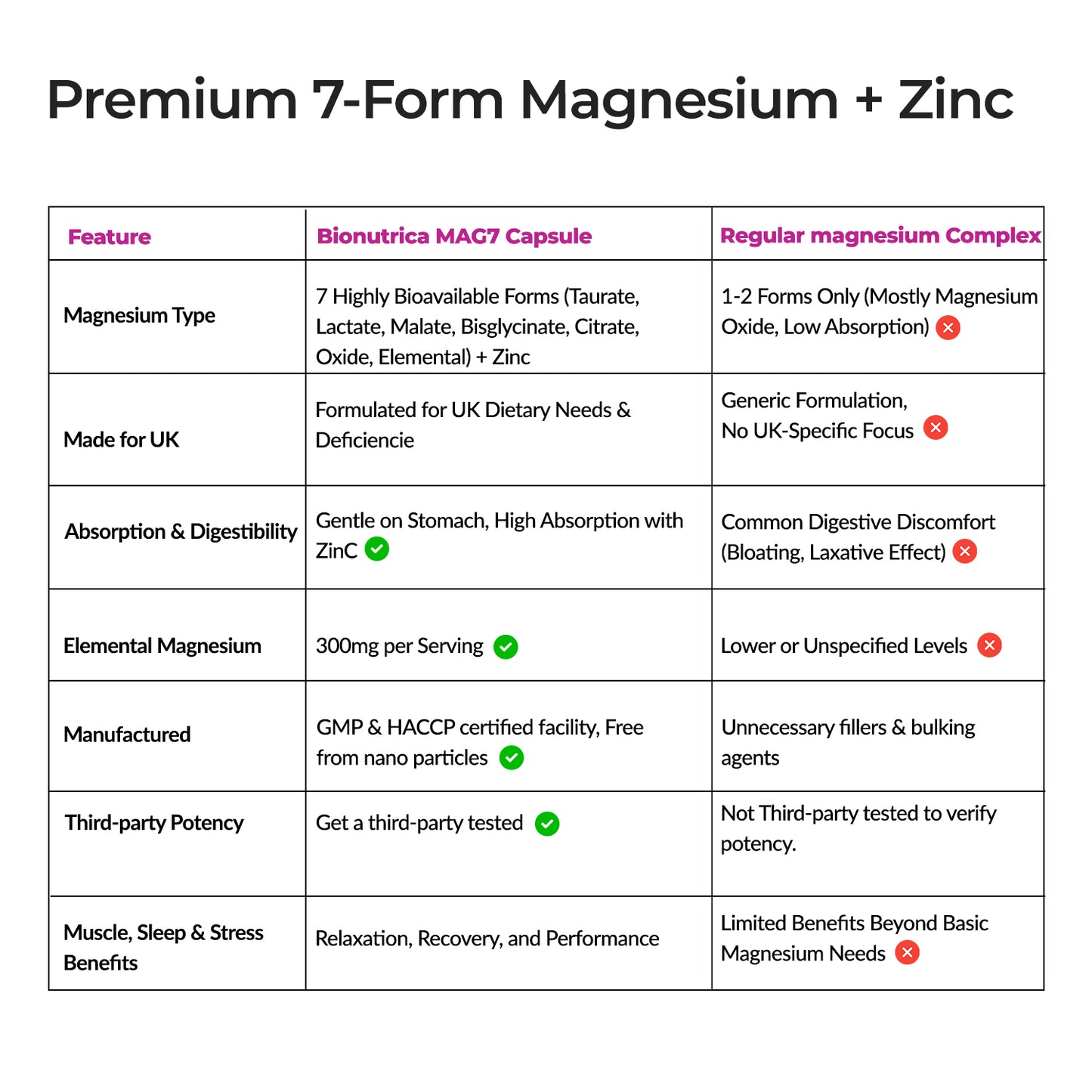Bionutrica’s Guide: 7 Foods High in Vitamin D
Vitamin D is an essential nutrient that plays a vital role in maintaining bone strength, immune function, and overall wellbeing. Yet in the UK, where cloudy weather and limited sunlight are common, many people struggle to get enough of it especially during the autumn and winter months.
At Bionutrica, we believe that nature provides powerful solutions. In this guide, we’ll walk you through seven everyday foods that are rich in Vitamin D simple additions that can make a big difference to your health.
Why Vitamin D Matters
Vitamin D helps your body absorb calcium, supports muscle function, and plays a role in immune response. While our skin naturally produces it when exposed to sunlight, that’s often not enough especially for people who spend a lot of time indoors, cover their skin, or live in less sunny regions.
According to the NHS, adults and children over four should consider taking a daily supplement containing 10 micrograms of Vitamin D between October and March. However, boosting your intake through food is a smart, natural approach year-round.
7 Foods Naturally High in Vitamin D
1. Salmon
Salmon is one of the best natural sources of Vitamin D. Whether it’s fresh or tinned, a single portion can provide up to half of your daily needs. Try adding it to salads, sandwiches, or baking it with lemon and herbs for a quick dinner.
2. Egg Yolks
Free-range egg yolks contain small but useful amounts of Vitamin D. Including eggs a few times a week—boiled, poached, or scrambled can support your levels naturally.
3. Fortified Plant-Based Milks
Many non-dairy alternatives such as oat, almond, and soya milk are fortified with Vitamin D in the UK. Check the label and pour them over cereal, in smoothies, or into your morning cuppa.
4. UV-Exposed Mushrooms
When exposed to ultraviolet light, mushrooms convert sunlight into Vitamin D much like human skin. Look for specially labelled mushrooms in supermarkets or place them under sunlight at home for a few hours before cooking.
5. Cod Liver Oil
Though not a food per se, cod liver oil is a traditional, nutrient-dense supplement rich in both Vitamin D and omega-3 fatty acids. Available in liquid or capsule form, it’s widely used across the UK and Europe for immunity and joint health.
6. Fortified Breakfast Cereals
Many cereals sold in the UK are fortified with essential nutrients including Vitamin D. Look for trusted brands like Weetabix, Shreddies, or Bran Flakes. Pair them with fortified milk for an even greater boost.
7. Cheese
Certain cheeses especially ricotta and cheddar contain small amounts of Vitamin D. While not a primary source, they can contribute to your overall intake when included in balanced meals.
How Much Vitamin D Do You Need?
The NHS recommends that most adults aim for 10 micrograms (400 IU) of Vitamin D per day. While some can get this through diet and safe sun exposure, many in the UK need additional support particularly in colder months or if they follow a vegan lifestyle.
Who Is Most at Risk of Deficiency?
You may be at higher risk if you:
- Spend most of your time indoors
- Have darker skin (which makes it harder to absorb sunlight)
- Are over the age of 65
- Follow a vegan or dairy-free diet
- Live in northern regions with limited sunlight
Should You Consider a Supplement?
Food is the foundation of good health but sometimes, it’s not enough on its own. A quality Vitamin D supplement can help bridge the gap, especially during darker months. At Bionutrica, our commitment to clean, traceable, UK-compliant supplements means you can trust every capsule or drop.
Our Vitamin D formulas (coming soon) will be crafted for bioavailability, simplicity, and real results ideal for those seeking gentle, natural support.
Conclusion
Vitamin D is vital for everyday health, and getting enough doesn’t have to be difficult. By adding these seven foods to your weekly routine, you can take control of your wellbeing and reduce the risk of deficiency—naturally and deliciously.
Stay proactive. Stay nourished. Stay well with Bionutrica.
Visit Bionutrica to discover more food-first wellness tips and stay updated on our upcoming Vitamin D support formulas tailored for your health goals.









